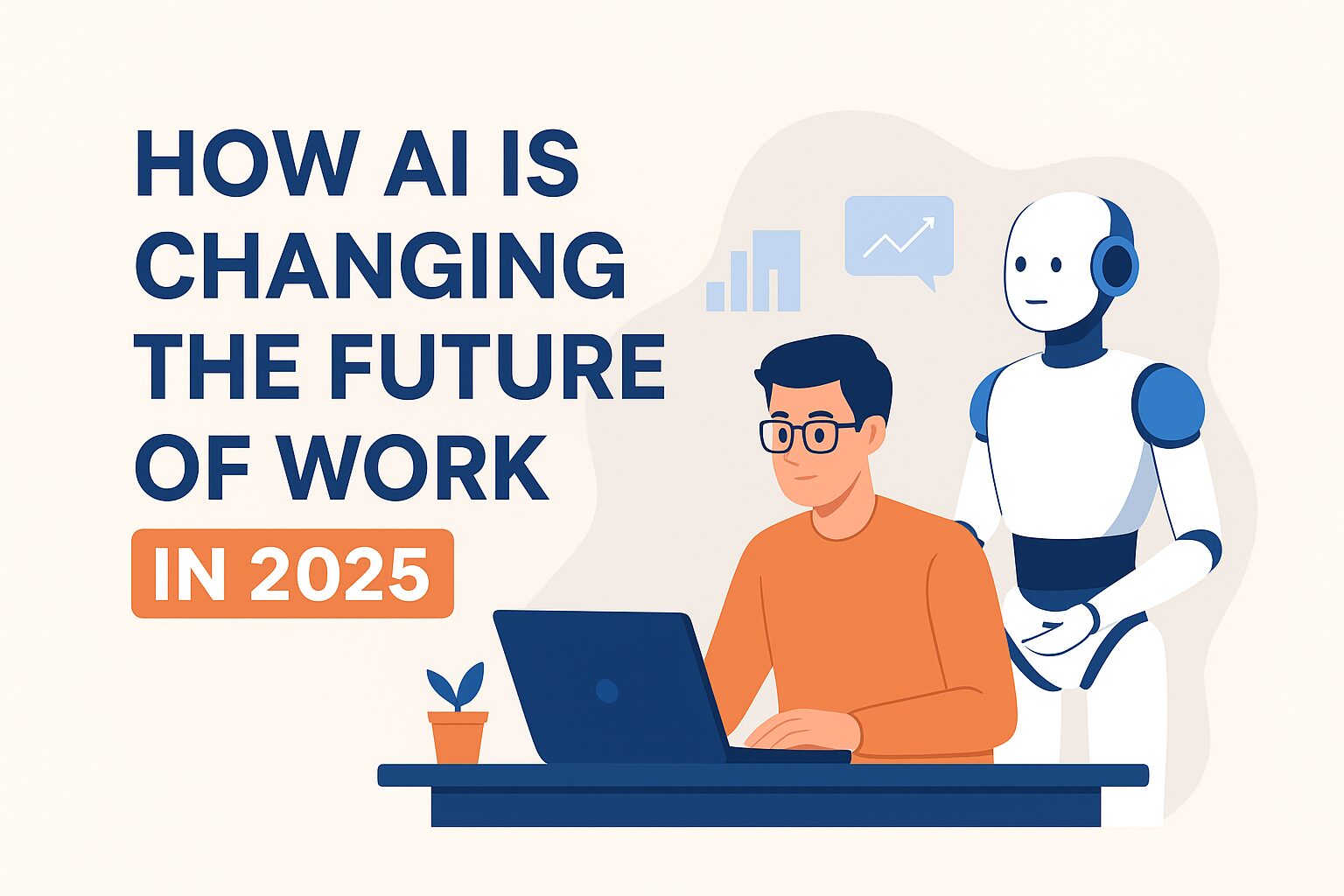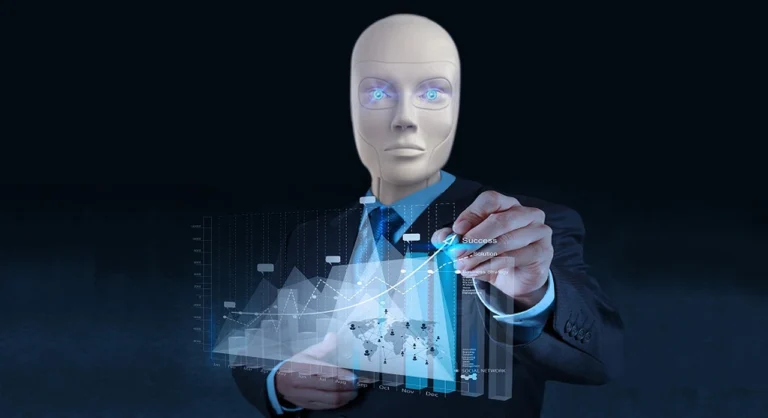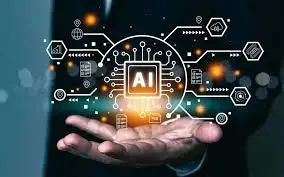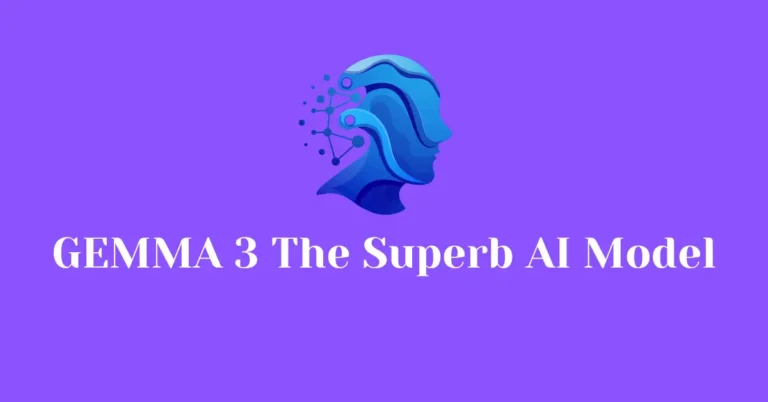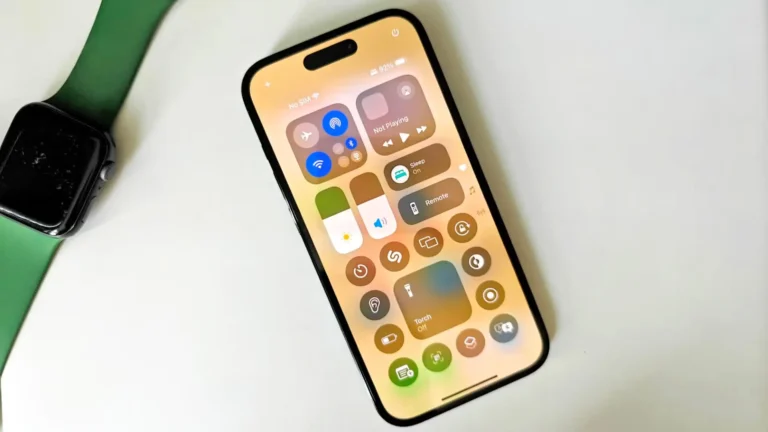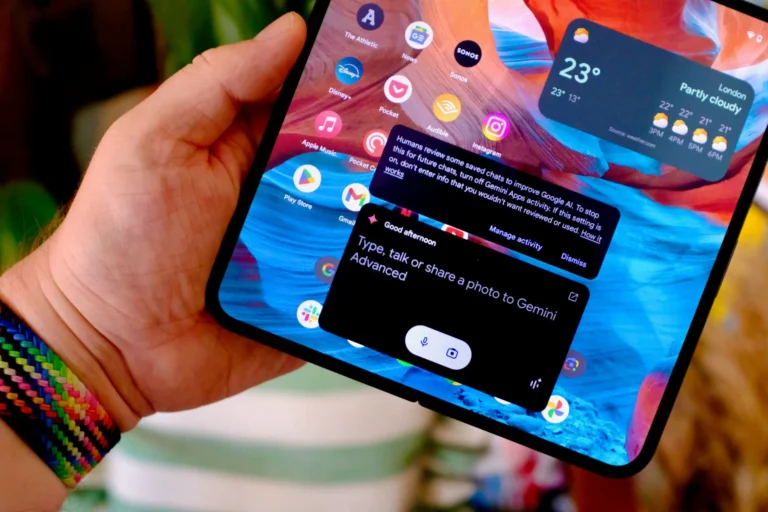How AI is Changing the Future of Work in 2025
Artificial Intelligence (AI) is no longer just a futuristic idea—it has become an active part of our daily lives. From the smartphones we use to the tools businesses rely on, AI is reshaping how we work, learn, and communicate. The year 2025 marks an important shift in the way companies and individuals use AI to boost productivity and efficiency.
In this article, we will explore how AI is changing the future of work, the industries being transformed, the benefits and risks, and what people can do to stay ahead in this new era.
AI in Different Industries
1. Business and Corporate Jobs
AI-powered tools are now automating repetitive business tasks. From scheduling meetings to analyzing large datasets, companies use AI to save time and money. Platforms like ChatGPT and Gemini are assisting in report writing, content creation, and decision-making. This allows employees to focus on creative problem-solving instead of routine work.
2. Healthcare
In healthcare, AI is helping doctors detect diseases faster and more accurately. Advanced diagnostic tools powered by AI can read X-rays, blood tests, and medical scans in seconds. Hospitals are also using AI chatbots to handle patient queries, reducing waiting times and improving care.
3. Education
Teachers and students are equally benefiting from AI. Virtual tutors, smart grading systems, and personalized study apps are creating customized learning experiences. In 2025, AI has made online education more interactive, allowing students to get instant answers and guidance.
4. Technology and Gadgets
AI has revolutionized tech gadgets like smartphones, laptops, and home devices. Virtual assistants such as Siri, Alexa, and Google Assistant are becoming more advanced, offering smarter solutions in daily tasks. Companies are also integrating AI into wearable devices for fitness, health, and productivity tracking.
Benefits of AI in the Workplace
- Time-saving: Automates boring and repetitive tasks.
- Cost-effective: Reduces the need for extra staff for manual work.
- Better decision-making: Provides real-time data analysis and insights.
- Global collaboration: Helps remote teams stay connected and productive.
- Innovation: Creates new products, services, and business models.
The Risks and Concerns
While AI has many advantages, there are also challenges. Many employees fear job loss due to automation, especially in data entry, customer support, and content writing. Some worry about privacy issues since AI systems handle sensitive data.
However, experts suggest that AI will not eliminate jobs completely—it will transform them. New roles in AI development, cybersecurity, and machine learning will rise to meet growing demand.
The Future of Work with A
The workplace of 2025 and beyond will be a mix of human creativity and machine efficiency. Instead of replacing humans, AI will act as a partner. People who learn to use AI tools effectively will have more opportunities than those who resist change.
The key to success is adaptation—learning new skills, staying updated with technology, and embracing AI as a helpful co-worker rather than a competitor.
FAQs
1. Will AI completely replace human jobs?
No, AI will mostly replace repetitive tasks. Human creativity and emotional intelligence will still be essential.
2. What skills should I learn for the AI future?
Focus on digital skills like data analysis, prompt engineering, coding basics, and AI tool management.
3. Which industries will be most affected by AI?
Healthcare, education, IT, customer support, and business operations will see the biggest changes.
Final Thoughts
AI is not a threat—it is an opportunity. By 2025, the way we work has already started shifting, and the pace will only get faster. Those who embrace AI will enjoy more career growth, better efficiency, and higher productivity.
The future of work is not humans vs. AI—it is humans with AI.
